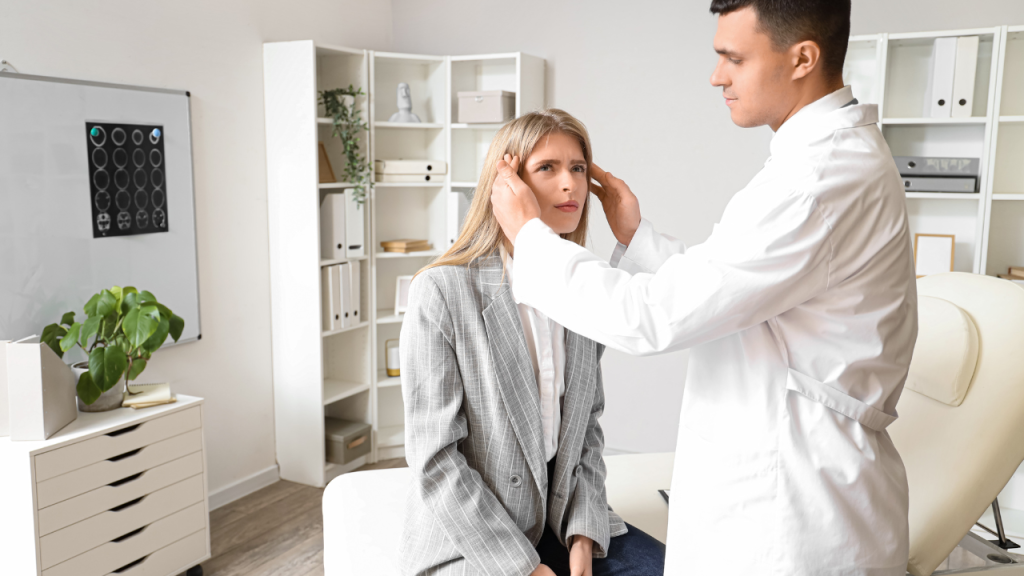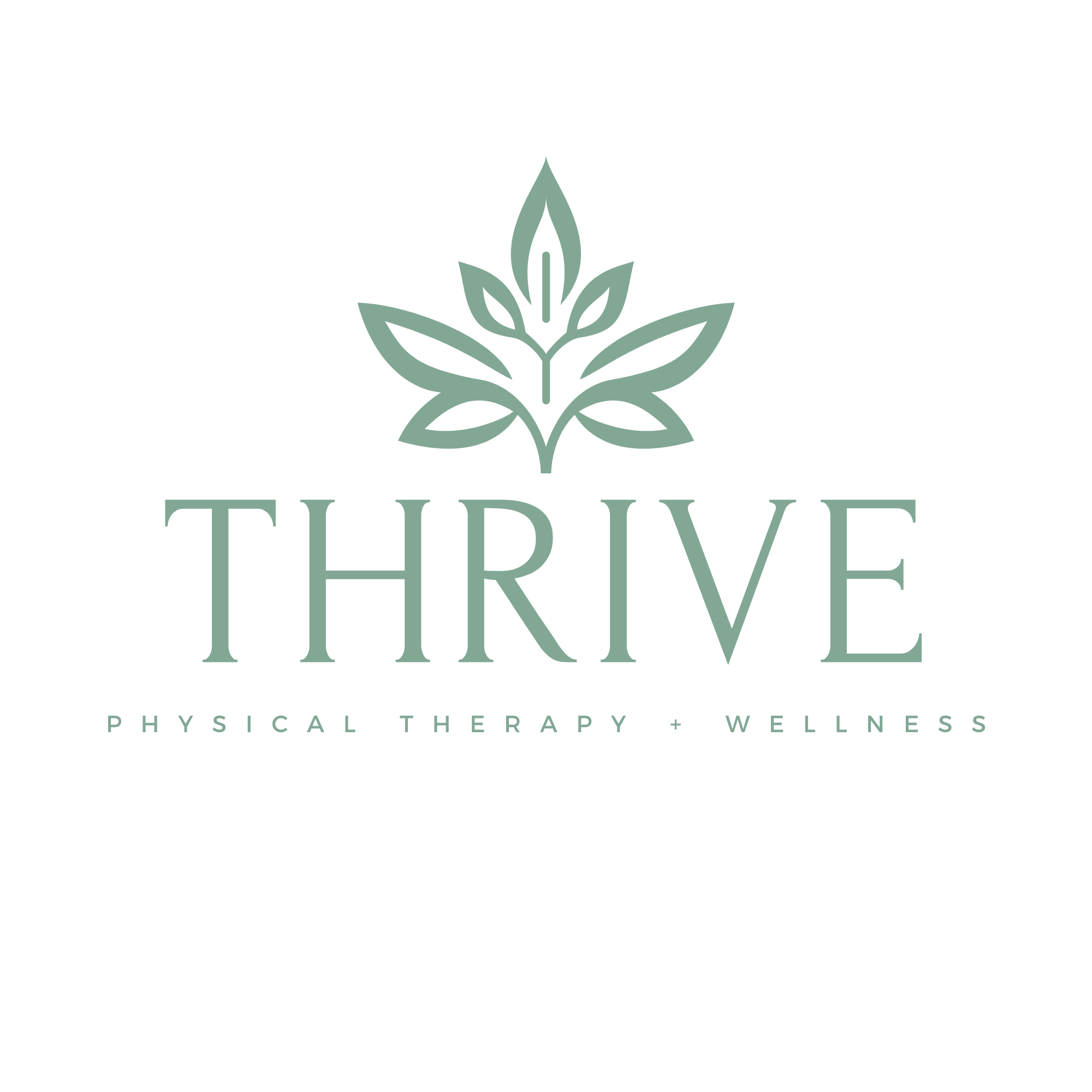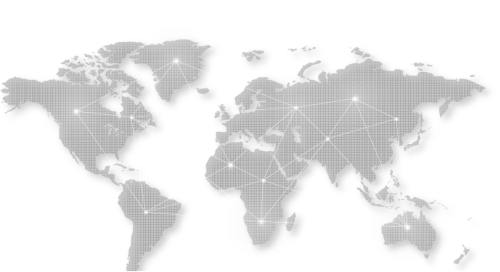
You didn’t expect your day to take a turn like this—one moment you’re going about your usual routine, the next, you’ve bumped your head. Maybe it was a fall, a fender bender, a hit during a game, or even something as “harmless” as knocking your head on a cabinet. It didn’t seem like much at first. You might have even laughed it off. But in the hours or days that follow, things start to feel… off. You’re dizzy. Your head aches. Lights seem too bright. And thinking clearly? That feels like trying to run through quicksand.
This is where your story—and recovery—might really begin.
Many people underestimate the seriousness of a concussion. It’s not just “getting your bell rung” or feeling a little foggy for a while. A concussion is a type of mild traumatic brain injury (mTBI), and the brain, as tough and intricate as it is, doesn’t bounce back with a sip of water and a nap. The signs can be subtle. They can sneak up on you, and if ignored, they can stretch into weeks, months, or even years of discomfort and dysfunction. That’s why it’s critical to recognize when you may need concussion therapy—especially with a clinic like Thrive Physical Therapy that understands how deeply head injuries can ripple through your life.
When Your Symptoms Don’t Go Away
It’s natural to think a headache or some dizziness might fade on its own. After all, most of us are used to pushing through discomfort. But if symptoms linger, worsen, or start to interfere with your daily routine, it’s time to pay attention.
Post-concussion symptoms can be sneaky. You might notice that your balance is a little off when you’re walking down the hallway. Or that reading a page of a book leaves you exhausted. Maybe noises in a crowded restaurant suddenly feel overwhelming, or you’re struggling to concentrate in a way that’s new and frustrating. You may even feel an emotional shift—irritability, sadness, anxiety—and not realize it’s connected to that bump on the head from days ago.
These are not just minor inconveniences. They are signs your brain is still struggling to recover. Thrive Physical Therapy specializes in recognizing these patterns and guiding you through a safe and effective rehabilitation journey.
You’re Feeling Like Someone Else
One of the most unsettling things after a concussion is the sense that you’re not quite yourself anymore. You may be physically present—going to work, attending class, making dinner—but mentally, something is off. Your thoughts feel jumbled. You misplace your phone four times in one morning. You can’t find the word you’re looking for mid-sentence. You feel emotionally detached or overly sensitive.
What you’re experiencing isn’t a character flaw or mental weakness. It’s a neurological response. Your brain, still trying to recalibrate, is throwing signals all over the place. This kind of cognitive and emotional change can be isolating, but it’s also one of the clearest signs that therapy could help you get back to who you were.
Concussion therapy at Thrive doesn’t just target physical symptoms. It also addresses the emotional and cognitive toll of a head injury, offering a supportive, whole-person approach to healing.
You Can’t Shake the Dizziness or Imbalance
Imagine waking up every day feeling like the ground is shifting beneath you. For many concussion patients, persistent dizziness or a lack of balance becomes a daily companion. It’s not always the dramatic, room-spinning vertigo. Sometimes, it’s more subtle: a sense of disorientation when you turn your head too quickly, or a strange unsteadiness when walking in a crowded place.
This isn’t just an inconvenience—it’s your vestibular system sending distress signals. The vestibular system, which controls balance and spatial orientation, is often affected in head injuries. At Thrive, vestibular therapy is a powerful tool in concussion recovery. By using tailored exercises and strategies, therapists help recalibrate your inner ear and brain communication pathways, restoring balance in both the literal and figurative sense.
If you find yourself avoiding movement or withdrawing from activities you used to enjoy because of fear of dizziness, don’t write it off as your “new normal.” It’s treatable, and it’s not something you have to endure in silence.
Lights, Noise, and Motion Are Suddenly Too Much
Post-concussion, your brain is working overtime just to process the basics. So when it’s bombarded by excessive stimuli—bright lights, loud noises, crowds, fast-moving visuals—it can feel unbearable. Going to the grocery store might leave you dizzy and anxious. Watching an action movie might trigger a headache. Even scrolling your phone or sitting in front of a computer screen could set off a wave of discomfort.
These aren’t signs of hypersensitivity. They’re signs your brain is overloaded.
This sensory sensitivity is incredibly common in concussion patients, and it often lingers if left unaddressed. Concussion therapy at Thrive Physical Therapy includes desensitization strategies to gradually help your brain tolerate and process stimuli in a controlled and supported environment. Therapy doesn’t push you—it partners with your nervous system to rebuild capacity in a way that feels manageable.
Headaches That Won’t Let Go
Post-concussion headaches can be relentless. They can start behind your eyes, at the base of your skull, or sit like a weight on your forehead. They might feel dull and constant, or sharp and unpredictable. Sometimes they arrive with neck stiffness. Other times they come with light sensitivity or a surge of fatigue.
These aren’t typical stress headaches—and they don’t usually respond to over-the-counter meds like you’d hope.
Often, these headaches are a combination of neurological and musculoskeletal dysfunction. Thrive’s concussion therapy takes both into account. Their team understands how cervical (neck) injuries often accompany concussions, and they’re equipped to treat both sources. Manual therapy, posture correction, movement retraining, and guided neck exercises can be part of your customized recovery plan—designed not just to dull the pain but to resolve the root cause.
Fatigue Is Your Constant Companion
Concussions have a funny way of making the simplest things feel exhausting. You might start your morning with good intentions, but by lunchtime, you feel drained. You cancel plans. You nap more than usual. Tasks that used to take minutes now take hours.
It’s not laziness or burnout—it’s brain fatigue.
When your brain is recovering from an injury, it has to work harder to do everything. Think of it like driving a car in first gear on the highway—your engine is revving way harder than it needs to be, and eventually, it overheats.
Thrive Physical Therapy takes this fatigue seriously. Therapy is paced to your tolerance, not some generic standard. Energy conservation strategies, structured activity reintroduction, and heart rate-based exercise planning are all part of the puzzle to help you return to your full capacity—without crashing along the way.
Your World Feels Emotionally Off-Kilter
There’s an emotional piece to concussion recovery that’s often overlooked. You might feel more anxious than usual, or more irritable. Maybe you’ve lost interest in things you once loved. Depression can sneak in. So can panic, or a feeling of being disconnected from yourself and others.
These emotional responses aren’t just reactions to injury—they’re symptoms of it.
Your brain regulates mood, and when it’s injured, those emotional control centers can go haywire. And let’s not forget the emotional weight of dealing with unexplained symptoms. It can make you question your identity, your capabilities, and your resilience.
Concussion therapy isn’t just physical. At Thrive, emotional well-being is part of the bigger picture. While they may refer you to mental health support when needed, they also understand how validating your experience and offering gentle guidance can rebuild confidence and connection. You’re not broken. You’re healing. And that process deserves care, not judgment.

Life Feels Stalled, and You Don’t Know Where to Turn
Perhaps the biggest sign you need concussion therapy is this: You just don’t feel like you’re getting better.
Maybe you’ve seen a doctor, rested, tried to push through, and yet the symptoms persist. Your relationships are strained. Your work or school life is suffering. And you feel like no one quite gets what you’re going through.
This is where Thrive Physical Therapy steps in. Concussion therapy here isn’t one-size-fits-all. It’s a deeply personal process, grounded in science and led with compassion. From the first assessment to every hands-on session, you’re treated as an individual with a unique injury—and a unique path to recovery.
They don’t just treat symptoms. They treat you. They listen. They educate. They adjust their approach as your brain and body heal. And they walk beside you as you reclaim your life, one small success at a time.
Suggested Reading: Signs You Need Vestibular Disorder Therapy After a Fall
Conclusion: Healing Begins When You’re Heard
A concussion doesn’t always announce itself with drama. Sometimes it whispers. It tugs at your energy, clouds your thoughts, and lingers behind your smile. And the worst part? You might feel alone in it—confused, frustrated, and unsure of what steps to take.
But here’s the truth: You don’t have to suffer silently, and recovery doesn’t have to be a guessing game.
At Thrive Physical Therapy, healing is approached with empathy, expertise, and a commitment to whole-body wellness. Whether you’re dealing with balance issues, brain fog, headaches, or emotional upheaval after a head injury, their team has the tools, training, and heart to help you move forward. Visit https://thriveptclinic.com/ to learn more about how their specialized concussion therapy can help you feel like you again—clearly, confidently, and completely.

